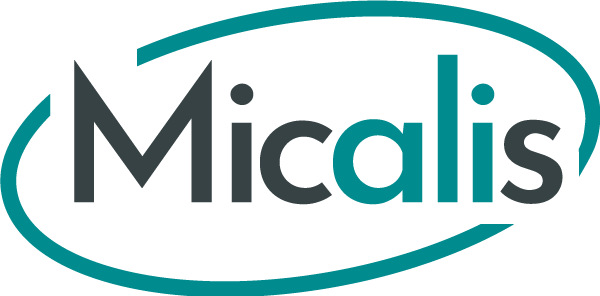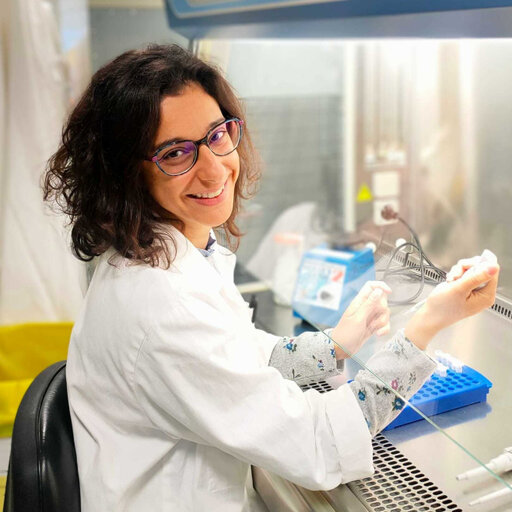Bacterial influence on host response to malnutrition
Metazoans, including Drosophila and mammals, maintain complex interactions with their gut microorganisms, which play a crucial role in host physiology, particularly juvenile growth under chronic undernutrition. Nutrient deprivation often leads to stunted growth and disrupted gut microbiota maturation, but microbial interventions, including Lactiplantibacillus plantarum (Lp), can mitigate these effects. Lp promotes juvenile growth in Drosophila by stimulating protease expression in intestinal cells through bacterial cell envelope components, notably peptidoglycan and d-alanylated lipoteichoic acids (d-Ala-LTA), via an NF-κB-dependent pathway. Similar effects have been observed in undernourished mice, where Lp cell envelopes alone are sufficient to promote growth.
The mechanisms by which these bacterial signals reach host intestinal cells remain unclear, as direct contact is anatomically limited. Emerging evidence suggests that bacterial vesicles are key mediators, delivering effector molecules into host cells. However, vesicle release mechanisms in gram-positive bacteria like Lp are not well understood and may involve peptidoglycan-degrading enzymes associated with prophage-induced cell lysis.
Our current research delves into the role of Lp vesicles in promoting juvenile growth in Drosophila. We’re exploring how these vesicles form, investigating whether prophage-induced lysis plays a part, and uncovering their potential contributions to the probiotic benefits of Lp.
Short bio
Education
2013 PhD in Molecular Biology. ITQB-NOVA and Institut MICALIS.
Work experience
Since 2018 Researcher at Institut de Génomique Fonctionnelle de Lyon (CNRS-ENS Lyon) studying beneficial host – microbiota symbiosis upon chronic undernutrition – commensal bacteria envelope and host linear growth promotion.
Publications
Grenier T, Consuegra J, Galvão Ferrarini M, Akherraz H, Bai L, Dusabyinema Y, Rahioui I, da Silva P, Gillet B, Hughes S, Ramos C, Matos RC and Leulier F. 2023. Intestinal GCN2 controls Drosophila systemic growth in response to Lactiplantibacillus plantarum symbiotic cues encoded by r/tRNA operons. eLife
Nikolopoulos N*, Matos RC*, Ravaud S*, Courtin P*, Akherraz H, Palussière S, Gueguen-Chaignon V, Salomon-Mallet M, Guillot A, Guerardel Y, Chapot-Chartier MP, Grangeasse C and Leulier F. 2023. Structure-Function analysis of Lactiplantibacillus plantarum DltE reveals D-alanylated-lipoteichoic acids as direct symbiotic cues supporting Drosophila juvenile growth. eLife
Schwarzer M, Gautam UK, Makki K, Lambert A, Brabec T, Joly A, Srutkova D, Poinsot P, Novotná T, Geoffroy S, Courtin P, Hermanova PP, Matos RC, Gerard C, Bulteau AL, Hudcovic T, Kozakova H, Filipp D, Chapot-Chartier MP, Sinkora M, Peretti N, Gompers-Boneca I, Chamaillard M, Vidal H, De Vadder F and Leulier F. 2023. Microbe-mediated intestinal NOD-2 stimulation improves linear growth of undernourished infant mice. Science. 379, 826-833
Nikolopoulos N, Matos RC, Courtin P, Ayala I, Akherraz H, Simorre JP, Chapot-Chartier MP, Leulier F, Ravaud S and Grangeasse C. 2022. DltC acts as an interaction hub for AcpS, DltA and DltB in the teichoic acid D-alanylation pathway of Lactiplantibacillus plantarum. Scientific Reports
Laboratory of the speaker
Institut de Génomique Fonctionnelle de Lyon
Invited by
Pascale Serror




